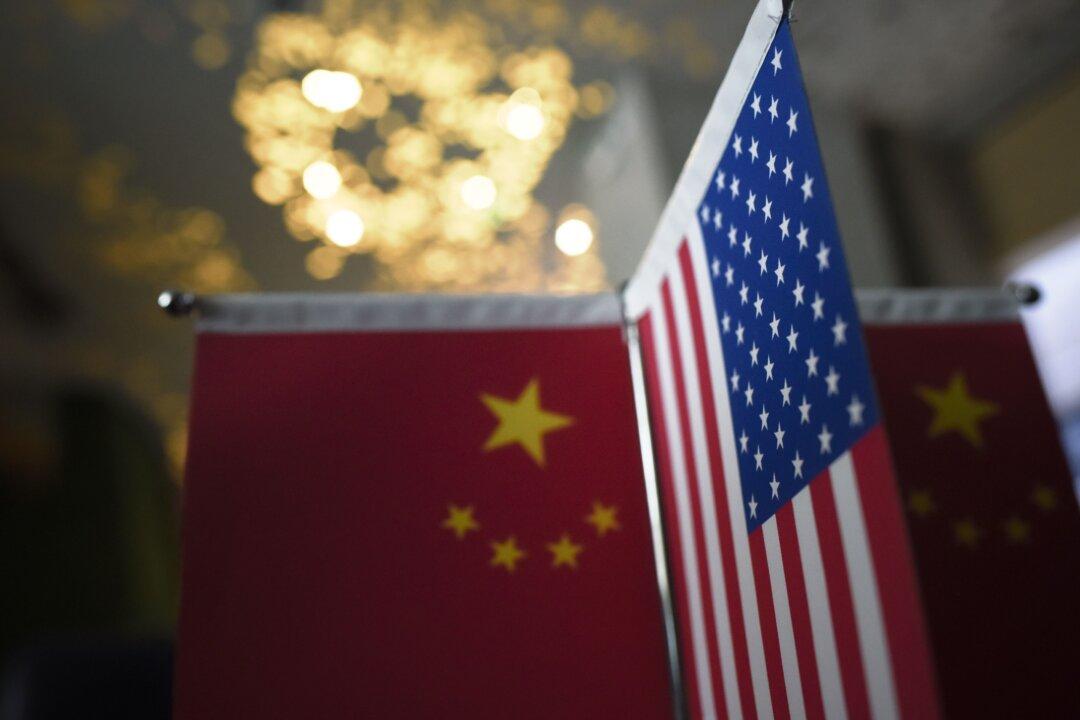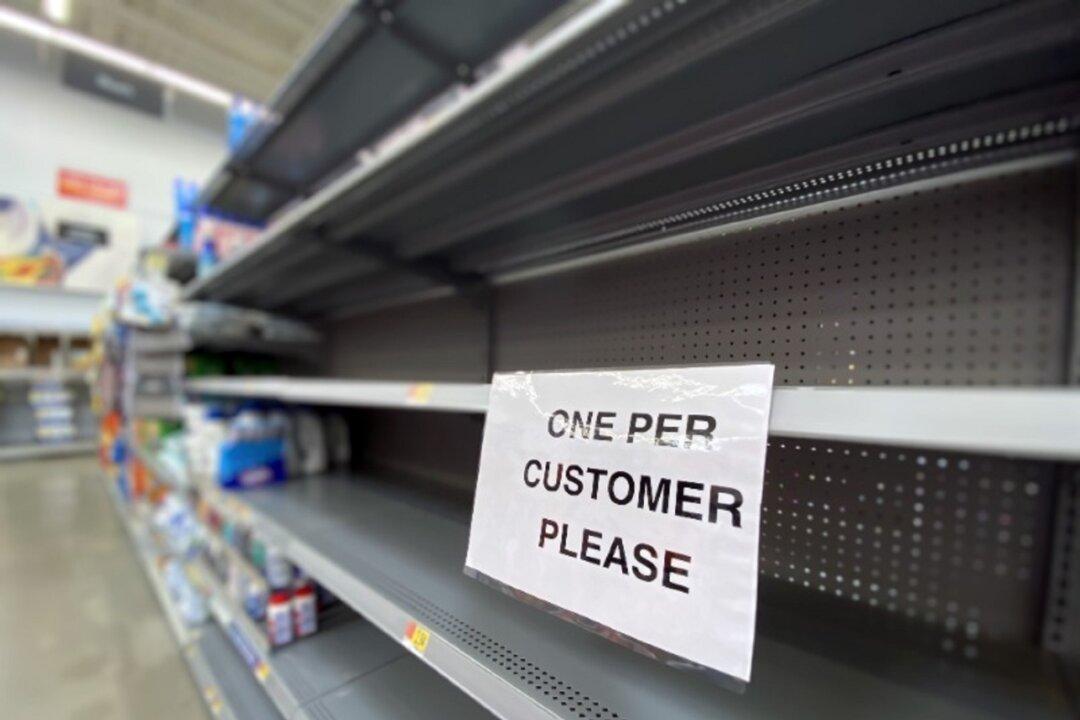Food is essential for survival, which is why you’d think food security—including long-term emergency food storage—would be more of a priority for our national government.
Especially after how quickly we saw our food supply and supply chains almost come to a halt as a result of the pandemic. While you’d think what we went through the past two years would bring a reckoning and renewed appreciation for our agriculture sector, our farming communities are actually experiencing the exact opposite.




